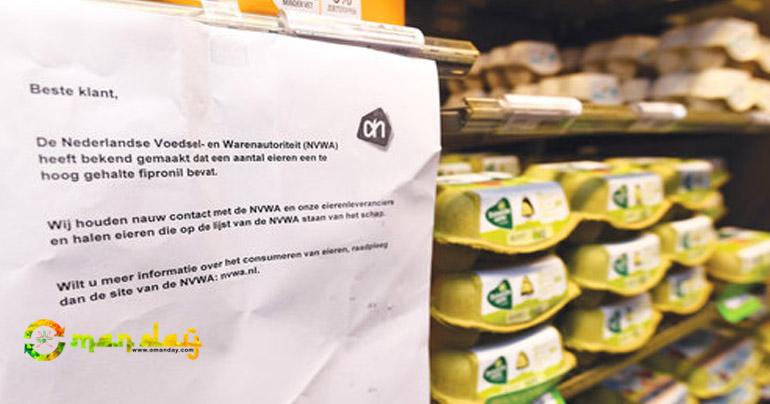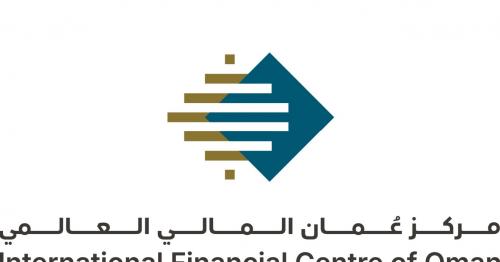Oman stops issue of permits for import of eggs from Europe due to insecticide contamination
Oman has stopped issuing new permits for import of eggs from Europe till further notice. This, after millions of eggs were withdrawn from supermarkets across many European nations following widespread contamination of table eggs with traces of fipronil insecticide which can be harmful to humans.
Fipronil is commonly used to get rid of fleas, lice and ticks but is banned by the European Union for use on animals destined for human consumption, such as chickens.
The insecticide got into the food chain in the Netherlands, which is one of Europe’s biggest egg producers, but contaminated eggs have now been found as far away as Hong Kong.
The Ministry of Agriculture and Fisheries (MoAF) stated on Sunday that it has taken all necessary precautions to ensure the safety of imported European table eggs and to make sure that they do not contain any health threats. The first among a host of measures is not issuing new permits for import of table eggs from Europe until all safety clearances are received. Other measures include, informing all veterinary specialists at border posts to increase inspection and testing by taking samples of all table eggs that have reached the ports of Oman. “In addition, sending these samples to the specialised labs in order to preserve them until they are cleared for human consumption.”
All authorities are informed to inspect Omani markets and take random samples of table eggs for lab testing. The ministry added that a number of European farm produce (eggs) was affected by fipronil insecticide used to disinfect chicken farms.
The World Health Organization (WHO) says fipronil is ‘moderately toxic’ to people if it is eaten in large quantities, and can have dangerous effects on the kidneys, liver and thyroid glands.
It can also cause ‘nausea, vomiting, abdominal pain, dizziness, and epileptic seizures’, says the Dutch food standards agency NVWA, although its effects are reversible.
Share This Post






